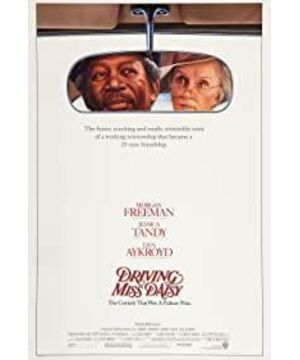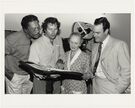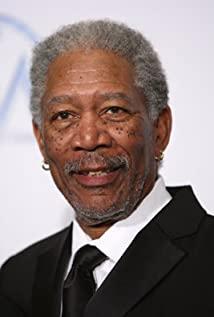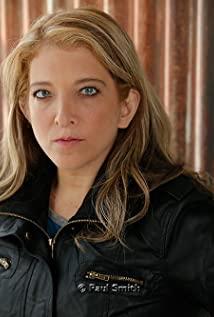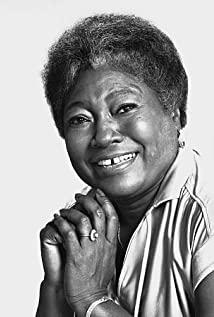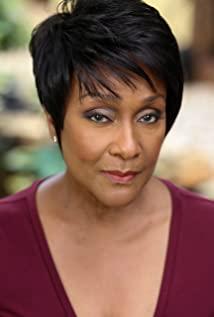The acquaintance between friends may be hit-and-miss, and then inseparable; it may also be a wonderful combination like Fan Weiqi's "One is like summer, one is like autumn", the first time they meet all kinds of embarrassing scenes and even disagreeable noisy, and then suddenly One day we got to know each other, and finally we got to know each other closely.
Then in "Driving for Miss Daisy", Hawke and Daisy's acquaintance should belong to the latter. One is the black Hawke in his 60s who exudes enthusiasm inside and outside like summer, and the other is introverted like autumn, looking cold and mean on the outside, and kind-hearted, the elegant Jewish widow Daisy in his 70s.
The first time they met, Hawke called her: Miss Daisy (Miss Daisy).
Miss Daisy came out of the slums when she was a child. Because of her father's prosperous business and her own family business, she lived a life in the upper class of the United States. But she has been a teacher all her life, and she has experienced hardships, but she is still strict and frugal in life. That's why she was so disgusted when her son hired the driver Hawke for her.
In fact, people who are generally stubborn and even have eccentric temperaments when they are old are mostly kind-hearted. Once you approach their hearts, you will be their best friend.
Hawke has always been a simple and slightly humorous old man who simply wanted to be a good driver: to escort Miss Daisy safely wherever she wanted to go.
Their relationship was an employment one, even with the strict racial segregation in the American South at that time. The treatment of blacks and whites is very unequal, so when she found out that Hawke was illiterate, Daisy was not so surprised, but used her own way to make Hawke like writing and gradually learn to read.
Hawke took the rhododendron and followed Daisy's prompt to find the correct tombstone. The somewhat old-fashioned, 60-year-old Hawke was like a primary school student at this time, reciting: "B, R...", and when he found it, he had a simple and happy sense of accomplishment on his face. At this time, Daisy also seemed to return to the era of teaching when she was young, showing a gentle smile.
This evening with an orange-red sunset, time seemed to stop, warm and refreshing.
They have known each other for 25 years.
Although the whole film has almost no climax, director Bruce Bersford, who is good at describing family affection, still touched the audience a lot.
In the end, the elderly Daisy suffered from Alzheimer's disease, and Hawke was too old to drive a car. Hawke is no longer Daisy's driver, but Daisy will always be in Hawke's heart: the beautiful Miss Daisy. And that night when Daisy was still awake, she took Hawke's hand and said: You are my good friend.
The last scene of the film: Hawke naturally picked up the cake in his hand and fed it into Miss Daisy's mouth.
I think it should also be sunny outside that day.
If you're a kid in your 20s or younger, you're going to be dragged to sleep by a long movie like this because I didn't really understand it years ago.
Years later, I was in tears.
"Maybe we have very different clothing tastes, different life pursuits, and even different personalities, but it doesn't prevent us from showing our truest selves in front of each other."
This is my definition of a good friend.
When we were young, we believed that we would use "rolling stones do not grow moss" and "go with the flow" to explain all behaviors that are not cherished enough.
Fortunately, when I met you, you were already so old, and I was not so young. Although we don't communicate often, and even disappear without a word from each other for a long time, you have always lived in my heart until you became a landlord.
"If you ever gave each other with your heart, why not be far away", right, iron sons? Not just love, but friendship as well.
This document is for "landlords" who are not in frequent contact, but have always lived in their hearts.
View more about Driving Miss Daisy reviews


